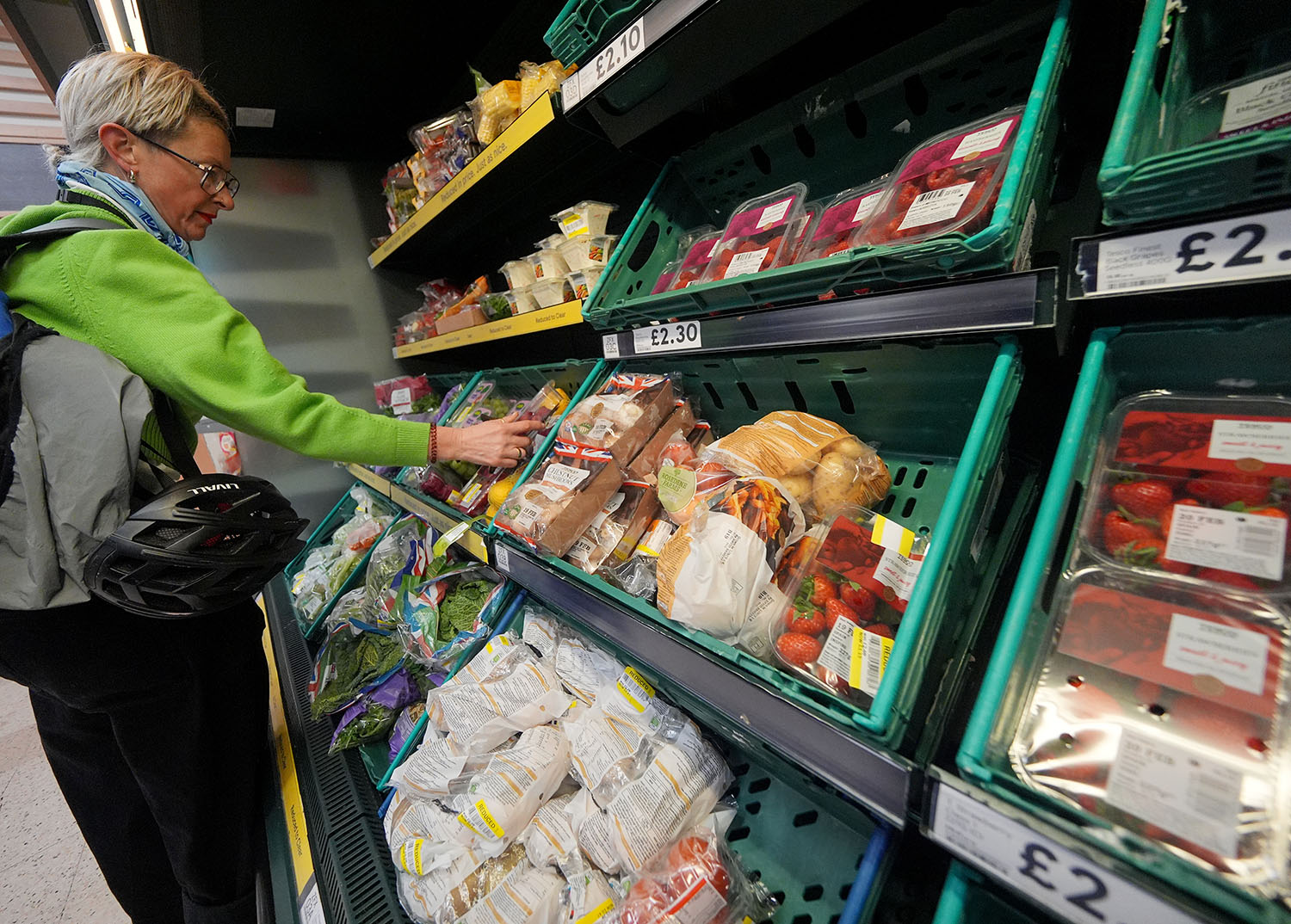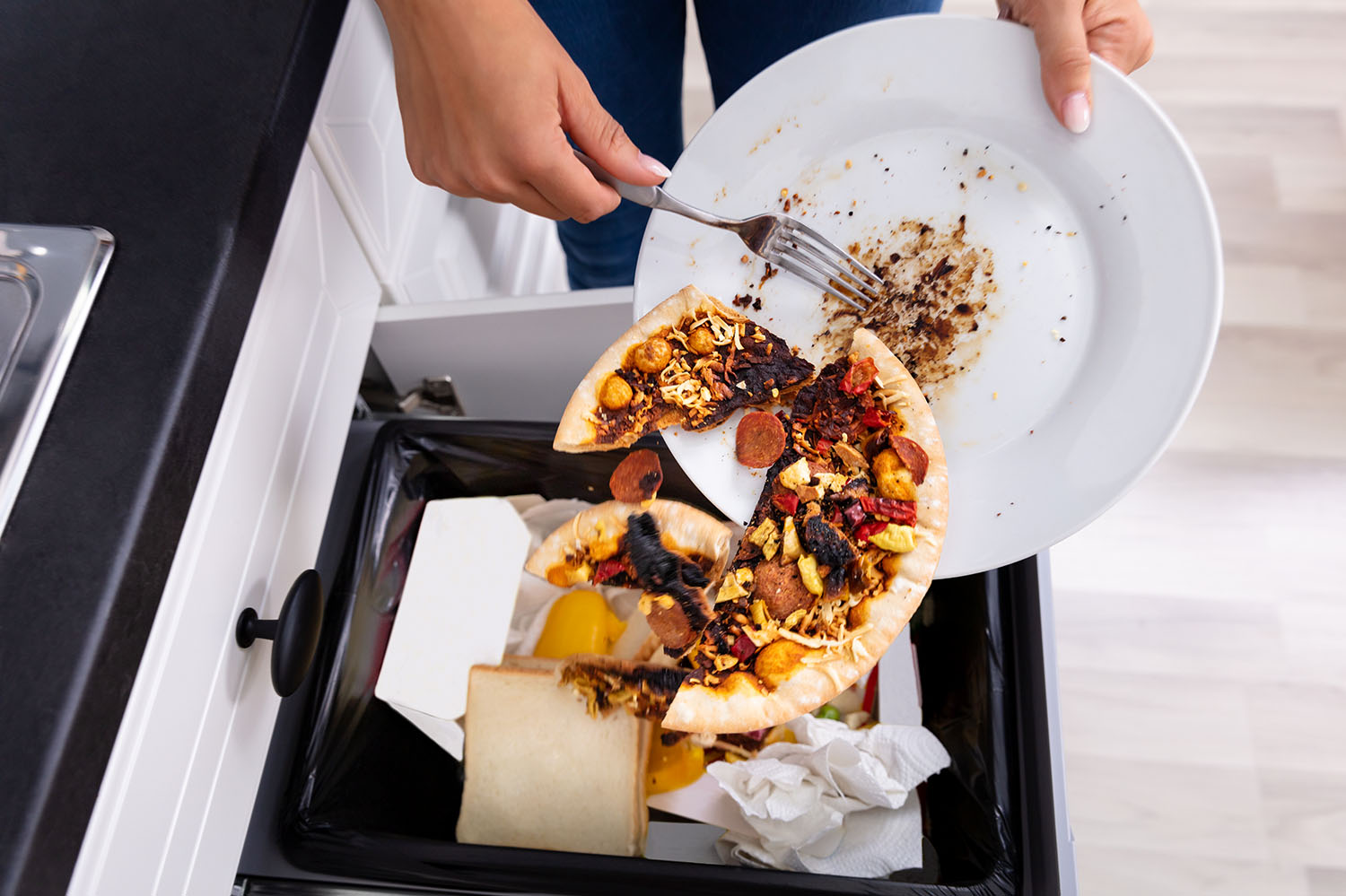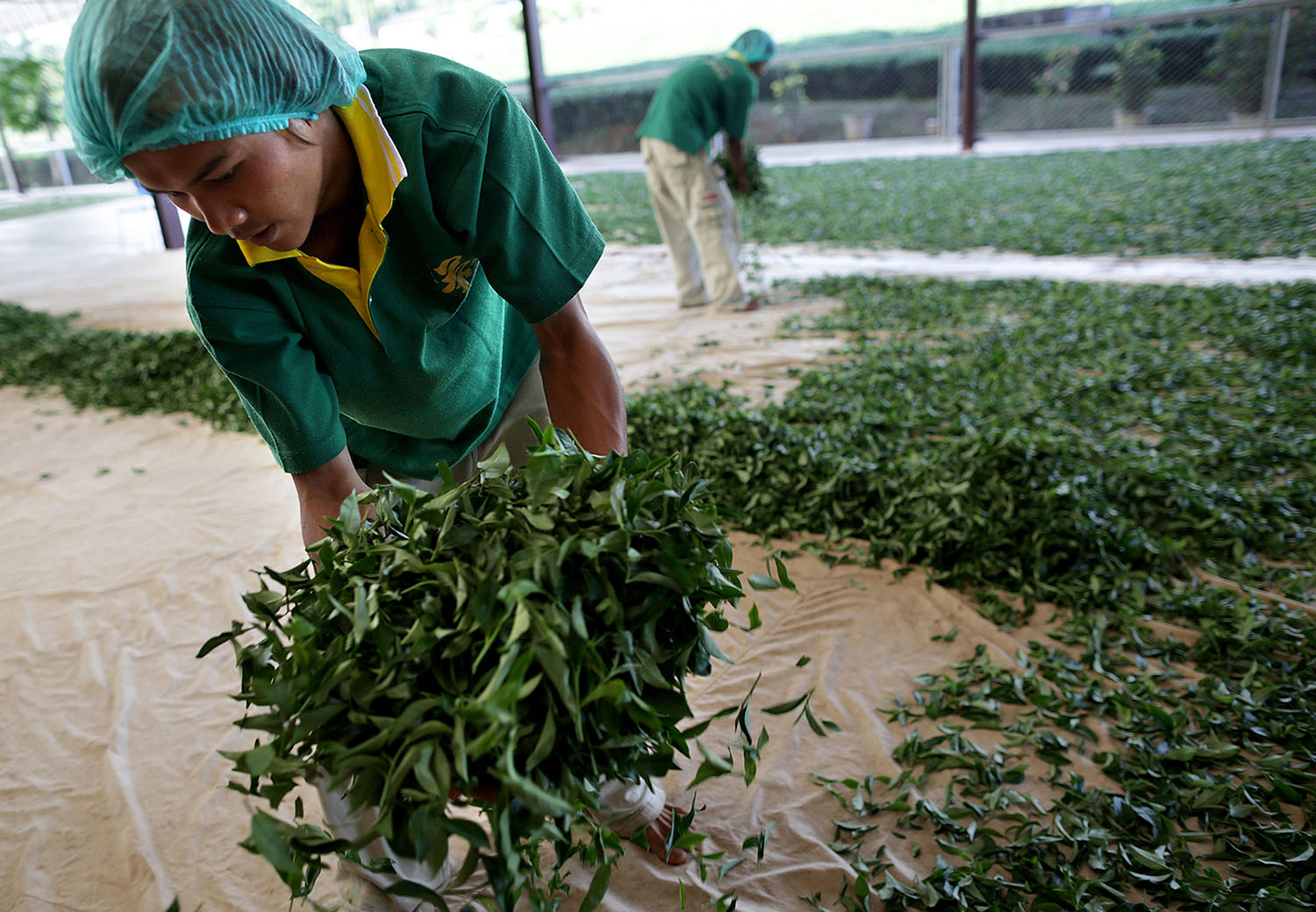Give Away, Don’t Throw Away!
One supermarket chain says it will give food away in an effort to reduce the amount of food it throws away.

© Yui Mok—PA Image/Getty Images
A shopper picks items at a Tesco store in London, England. Tesco will make some items free at a certain time each day.
Imagine a store giving away some of its items for free. Tesco, a supermarket in the United Kingdom (U.K.), has decided to do just that.
In a small number of Tesco stores, and on a trial basis for now, Tesco plans to give away the food items that are about to expire, as part of its effort to reduce food waste. The items, which will be marked with a yellow sticker, will be free after 9:30 p.m. They’ll be offered to charities and supermarket employees first. What’s left will then be offered to customers.
When a food item expires, it can no longer be sold and must be thrown away. Because of this, supermarkets all over the world waste a lot of food. It’s an issue that many supermarkets have been trying to address.
Tesco wants to reduce its food waste by 50 percent by the end of 2025. Like other supermarkets in the U.K., it already donates a lot of the food that hasn’t sold to food banks and other charities. But this has not been enough. The company hopes that offering items to customers at the end of the day will further reduce the amount of food it throws away.
The plan comes at a time when food prices are rising, and many people are struggling to pay their bills. In the U.K. alone, more than 1 in 10 people are “food insecure,” which means they skip meals because they cannot afford enough food. Food insecurity is a problem in many other nations as well.
Tesco is hoping its plan will not only reduce food waste but also give more people the opportunity to fill their fridges.






